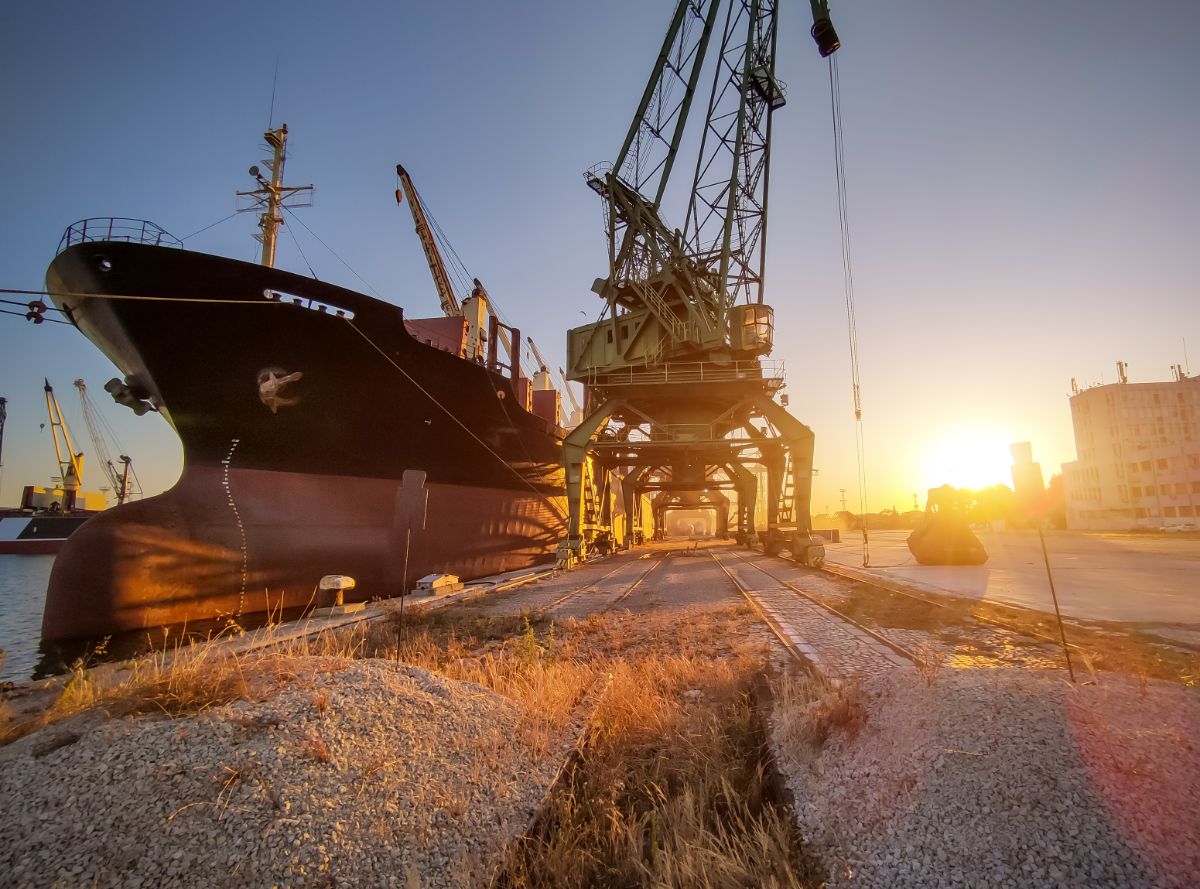5 Reasons International Shipping is Expensive
Why is International Shipping Expensive?
- Distance and location
- Customs and tariffs
- Shipping mode
- Fuel costs
- Security and insurance
Overview
- International shipping is known for its high costs due to factors like long distances, customs procedures, varying shipping modes, volatile fuel prices, and the need for security and insurance measures.
- The geographical distance and destination location impact shipping costs, with longer distances and remote areas incurring higher expenses.
- Customs and tariffs add complexity and financial burden to international shipping, while the choice of shipping mode, fuel costs, and security measures contribute to the overall high expenses.
- CargoBoss is a pioneering solution that offers cost-effective, efficient, and secure international shipping options for both businesses and individuals.
International shipping has long been associated with high costs and numerous complexities, making it a formidable challenge for businesses and individuals looking to transport goods or belongings across borders. These expenses arise from a web of interconnected factors, such as the distances, customs and tariffs, the choice of shipping mode, fuel prices, and the need for enhanced security and insurance measures.
Navigating these cost-increasing elements demands innovative solutions. In this article, we'll explore the reasons behind the question “Why is international shipping expensive,” and how CargoBoss is changing the game by offering cost-effective, efficient, and secure solutions for businesses and individuals.
Distance and Location
The geographical expanse and the specific location of the destination play a pivotal role in determining international shipping costs. Shipping over longer distances naturally results in higher expenses, necessitating more fuel, labor, and time.
Remote or hard-to-reach locations can also be costlier to serve, as additional resources are required to overcome logistical challenges, making international shipping expensive for those looking to transport goods or personal belongings globally.
Customs and Tariffs

International shipping is encumbered by customs procedures and tariffs, which can be daunting for shippers. Navigating the ever-evolving import and export regulations that vary from country to country, coupled with the burden of complying with customs duties, adds substantial complexity and cost.
Businesses and individuals must allocate valuable time and resources to meet these regulatory demands, making the shipping process both financially burdensome and time-intensive. This intricacy surrounding customs and tariffs is a factor contributing to the overall high expenses associated with international shipping.
Shipping Mode
The choice of shipping mode is crucial in the overall cost of international shipping. Each mode — air freight, ocean freight, or express courier — presents a distinct balance of speed and cost. Air freight, for instance, is known for its rapid delivery but typically comes at a higher price point due to its expediency.
In contrast, ocean freight offers a more cost-effective alternative, albeit at the cost of longer transit times. The decision on shipping mode is influenced by the nature of the cargo, delivery urgency, and budget considerations, requiring careful consideration to balance shipping speed and cost-effectiveness.

Within the labyrinth of expenses associated with international shipping, fuel costs are a significant and volatile factor. The price of fuel, typically oil, determines the overall cost of transporting goods across borders.
Fluctuations in oil prices are frequent and substantial, and these shifts directly impact the expenses incurred by shipping companies. Consequently, the unpredictable nature of fuel costs makes budgeting and pricing for international shipping a complex task, adding an element of uncertainty to the already high cost of shipping goods or belongings across the globe.
Security and Insurance
Ensuring the safety and protection of goods during international shipping is essential, which brings forth additional costs. Security measures, such as safeguarding against theft, damage, or loss, are essential to the shipping process. To mitigate the risks associated with transit, insurance coverage is often required, further increasing the overall expense.
These measures provide peace of mind to shippers and recipients, but they also contribute to more costly shipping as businesses and individuals seek to safeguard their valuable shipments.
Cheaper International Shipping with CargoBoss
CargoBoss is known for providing cost-effective solutions and streamlining the entire shipping process from China to the Philippines. Whether you're a business looking to cut costs on your supply chain or an individual shipping personal belongings internationally, we have you covered.
We offer cost-effective shipping solutions by optimizing routes and consolidating shipments, streamlining customs procedures, monitoring fuel costs, and prioritizing shipment security. Our track record of excellence demonstrates how we help businesses and individuals save on international shipping costs.
Key Takeaway
If you’ve wondered why is international shipping expensive, fret no more. It is driven by various factors, including shipping distance, shipping method, customs duties, fuel prices, and more. Understanding these variables is essential for businesses and individuals seeking cost-effective international shipping solutions.
Transform your international shipping experience and discover the cost-effective and efficient solutions CargoBoss offers today. Say goodbye to the woes of expensive international shipping and embrace a smoother, more affordable journey. Contact us today and make your global shipments both accessible and budget-friendly.
